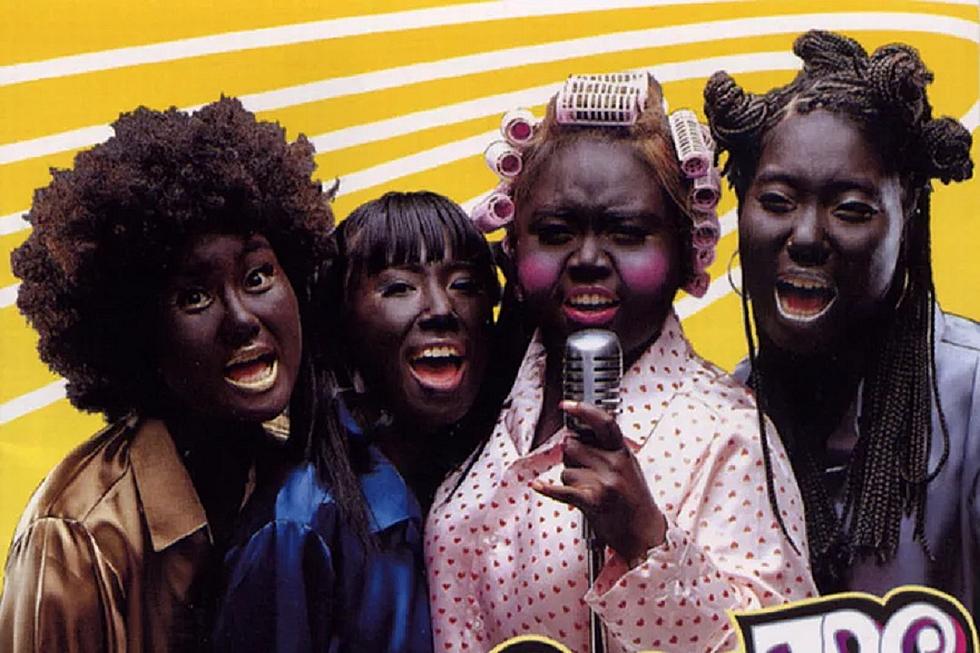 Especially as of late, the world has been clamoring for justice. With the recent killing of George Floyd and many other black American citizens at the hands of police brutality under a racist agenda, the Black Lives Matter movement has taken over the streets and social media to protest the unjust treatment of the black community in America. While mainly centered around events in the US, the movement has reached global awareness—even in Seoul, South Korea, where reportedly a hundred-odd protesters came together to show solidarity with Black Lives Matter (Strother, 2020).
Especially as of late, the world has been clamoring for justice. With the recent killing of George Floyd and many other black American citizens at the hands of police brutality under a racist agenda, the Black Lives Matter movement has taken over the streets and social media to protest the unjust treatment of the black community in America. While mainly centered around events in the US, the movement has reached global awareness—even in Seoul, South Korea, where reportedly a hundred-odd protesters came together to show solidarity with Black Lives Matter (Strother, 2020).

One does not have to go far to observe the disturbingly consistent sentiment of anti-blackness in South Korea. A number of Korean idols have partaken in blackface, as well as propagating harmful stereotypes of black people by doing “impressions” of them on variety shows. This is to say nothing of the countless times black culture has been appropriated by many Korean rappers and idols alike, writing poorly researched lyrics and utilizing poorly researched elements of native African and hip hop music in songs, as well as using the culture as a self-serving aesthetic with hairstyles and clothing that real black people get discriminated for on the daily. Of course, these rappers and idols have entire companies and teams of staff approving and encouraging these decisions, which speaks of the lack of diversity (and accountability) in this industry.

The Korean entertainment industry certainly has its fair share of anti-black strikes, but these only get as much attention as they do because these celebrities are in the public eye. However, everyday residents of South Korea who are part of the black community, whether they be expats or ethnically Korean, are no strangers to the anti-black sentiment of light-skinned Koreans, who at times make unprovoked comments to black people’s faces with no effort at all to hide their obvious racist and xenophobic mindset (Volodzko, 2017).
Shim Jihoon, the organizer of Seoul’s Black Lives Matter protest in early June, voiced his concern for the black community, saying that “what happened to George Floyd could happen here, too.”
Police brutality is a global issue, oftentimes targeted towards marginalized sectors, and the spread of racist beliefs held by the American police force is to be feared. South Korean reports on protests were often skewed to incriminate black people of damage caused to small Korean-American businesses as a result of rioting and looting even as far back as 1992–thereby driving the divide between race from that point. However, with the growing availability of information from global sources, awareness of social justice issues has somewhat increased in South Korea, allowing movements like Black Lives Matter to take root and alter the local mindset for the better.

Steps to changing the anti-black sentiment in South Korea are being made, little by little. High school students as well as idols are attempting to do their part to educate countrymen on racism and contribute financially to Black Lives Matter. Black lives have suffered far too much for the public to turn a blind eye to their pain. It is everyone’s responsibility as a human being to commit to being anti-racist. May black lives triumph over injustice.
WORDS BY KREW MEMBER GABY HAMOY
Sources
- Strother, Jason. “America’s BLM protests find solidarity in South Korea.” The World, 8 Jun. 2020, https://www.pri.org/stories/2020-06-08/america-s-blm-protests-find-solidarity-south-korea. Accessed 25 Jun. 2020.
- Volodzko, David. “Is South Korea ready to take on racism? First, it must admit it exists.” South China Morning Post, 10 Dec. 2017, https://www.scmp.com/week-asia/politics/article/2122913/south-korea-ready-take-racism-first-it-must-admit-it-exists. Accessed 25 Jun. 2020.
Images
- https://en.wikipedia.org/wiki/Flag_of_South_Korea
- https://wallpaperaccess.com/seoul-skyline
- https://origin.koreaboo.com/news/south-korean-activists-foreigners-hold-peaceful-protest-in-seoul-support-back-lives-matter-movement/
- https://www.koreatimes.co.kr/www/nation/2020/06/177_290790.html
- https://popcrush.com/k-pop-scandals-international-blackface-racist/
